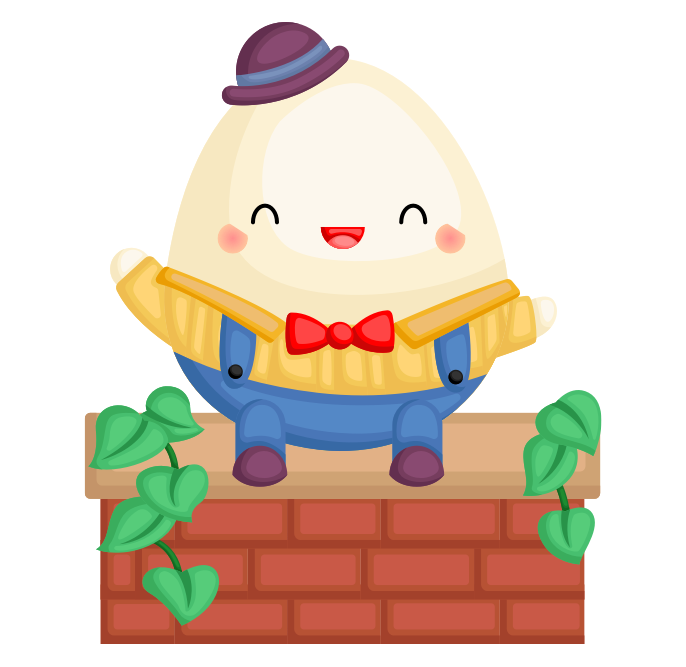Going Home - Your Baby's Development
Attention and memory skills
A child’s attention span develops gradually. Paying attention can be hard for most children. If your child has poor attention skills, they will take longer to develop speech and language and will experience difficulties learning new skills. Play is a very useful activity to help develop your child’s attention skills.
To pay attention your child needs to be alert and free from background distractions – noise, over bright lights, hunger. Turn off the radio, TV or mobile phone when interacting with your child.
It is easy for children to get bored and to lose interest. It helps to keep activities short and focus on play that your child is interested in.
Eye contact and play will help improve your child’s attention skill
 Establishing eye contact is your first step. Teach your child to pay attention to people and not just their favourite toys.
Establishing eye contact is your first step. Teach your child to pay attention to people and not just their favourite toys.
- Call your child, place an object of interest within your child’s sight, then move the object to your eyes. You may have to do this several times before your child will look towards your face when you call their name. This is very important for your child’s language development.
Play is the best way to build up attention skills.
- Find an activity that your child enjoys. For example, ball play. Rolling, kicking and throwing the ball together promotes attention, shared attention, shared movement (which children with poor attention enjoy) and shared enjoyment.
- Use play activities that have an ending. For example, stacking three blocks – you start by stacking the first block, your child the second block, etc. This task is finished quickly but you have engaged your child’s attention for the goal you were trying to achieve. To increase your child’s attention span, increase this activity to stacking six-eight blocks or other toys.
- Do 2-4 piece puzzles with your child, where you lead leaving an ‘easy’ piece or ‘last‘ piece for them to insert. Build this skill to include six-eight pieces and more.
- Breaking tasks down into simple steps helps to improve your child’s attention abilities.
- To keep your child’s attention on track use modelling or “hand-over-hand” to guide your child through the task.
- Use short instructions, for example, “stack the blocks” instead of “I want you to stack these three blocks”. Repeat key words “ball”, “roll ball”, “catch ball”, “kick ball”.
- Talking and interacting as you are playing with your child can help to get and keep their attention.
Attention and memory skill development at 2 years and older
- Take out one or two toys to play with at a time. Your child will be less distracted.
- Make sure you have your child’s attention when you are giving them instructions on how to use a toy or puzzle board. Use eye contact.
- If your child isn’t paying attention, gently hold their head up to make eye contact and repeat the instruction.
- Repeat a simple nursery rhyme daily until your child can say it with you.
- Read a very simple story and have your child repeat the story back to you.
- Review events of the day with your child at bedtime.
- Play the memory game with a fun deck of cards starting with three pairs and building up gradually to more pairs as your child improves.
- Play a memory game with objects, e.g. place 4 objects on a tray, let your child look at these for 1 minute, cover the tray, take away an object, uncover the tray and ask what is missing.

Remember!
Make sure that you have your child’s attention and engagement when you are giving them instructions on to use a toy or puzzle board.
Most importantly, do not over stimulate your child, as you will make fun and learning a chore instead.
